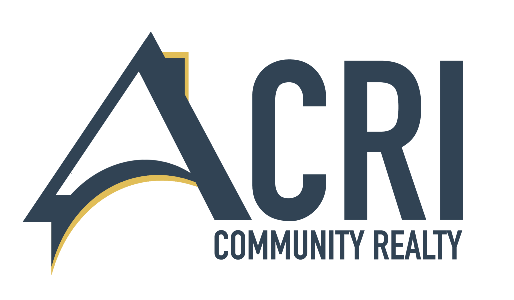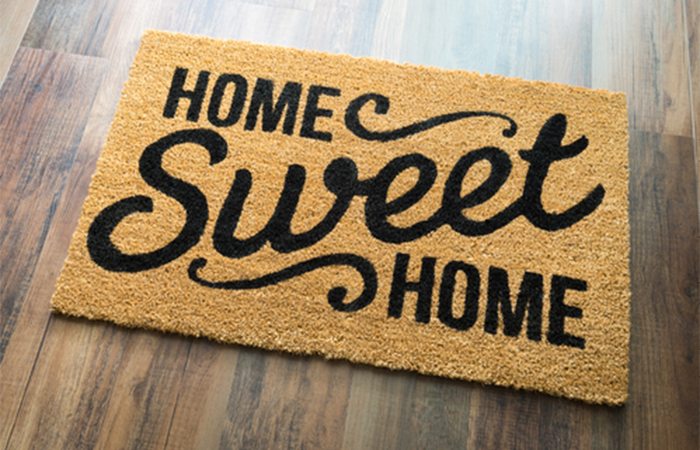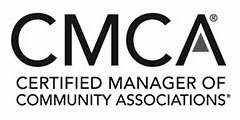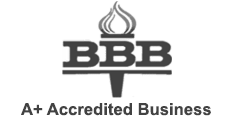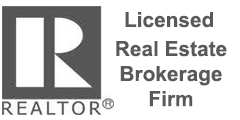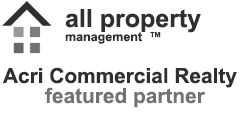So, you’ve found your perfect home and it is in a managed community. It has all the amenities you were seeking and you really like having less maintenance work. This is the time to take a deeper look into what ownership in an HOA Property Management community may involve. Many associations create some unique obligations to the community and to other residents within it:
Pro Tip: Carefully read the community’s governing documents. Your realtor should be able to provide those documents to you. If your realtor can’t help check the association’s website or ask the property manager or a member of the board for copies. Make sure you understand what’s included in them, particularly the rules about pets, parking, your home’s exterior maintenance, architectural guidelines and when you must pay association assessments.
Pay close attention before purchasing a home in an HOA to the rules and regulations:
They may have specific rules that may effect your current situation. See the following important questions below:
- Are pets permitted – how many and size limitations?
- What colors can you paint your unit?
- Are holiday decorations permitted?
- Can you grill on your patio?
- What do you do when you want to change an exterior element?
- What landscape materials are your responsibility?
- What parts of the exterior maintenance are your responsibility?
- What type on insurance coverage do you need?
- Are there any special assessments in the near future?
- How fiscally sound is the association?
- Who is the Property Management Company?
- Does the Property Management Company have good reviews?
After you have investigated all of the above options before purchasing your home in the desired Home Owners Association, and your concerns have been answered, keep the following 6 tips in mind:
- Provide current contact information to association board members or the manager. Make sure they know how to reach you in case of an emergency, and ask them to notify you of association meetings and other important events. If you rent out your home, provide contact information for your tenants also for use in an emergency.
- Maintain your property according to established standards. The community’s appearance can add value to all the homes within it—including yours—so it’s important to keep landscaping neatly groomed and your home’s exterior well-maintained.
- Treat association leaders honestly and respectfully. Board members are homeowners—just like you—who have volunteered to give their time and energy freely to govern the community. While you should share your concerns about the community with them, do so in a way that’s constructive, informative and helpful.
- Attend board meetings and vote in community elections. Board meetings are open to all who wish to sit in and keep up with issues under discussion. The association is a democracy, and your voice and vote can affect important issues.
- Pay association assessments and other obligations on time. Your regular assessments pay for common-area maintenance, amenities and other shared expenses. If you don’t pay on time, the burden for paying your portion of the association’s bills, like water, electricity and trash removal, falls on your neighbors. Contact a board member or the manager, if you’re having problems, to discuss alternative payment arrangements.
- Ensure that tenants, visiting relatives and friends adhere to all rules and regulations. If you are leasing your home, you’re liable for maintaining the condition of the home and for the behavior of those who live in it. Make sure to screen tenants thoroughly, and familiarize them with the community’s rules.
Rinaldo Acri explains:”Remember the Association is only as strong as the member’s that support it. If you see things you want to change, consider running for a position on the board. Volunteers are always needed and appreciated. We hope this article has helped you make a sound decision concerning purchasing in a homeowners association. If you need more help, drop us a line.”
